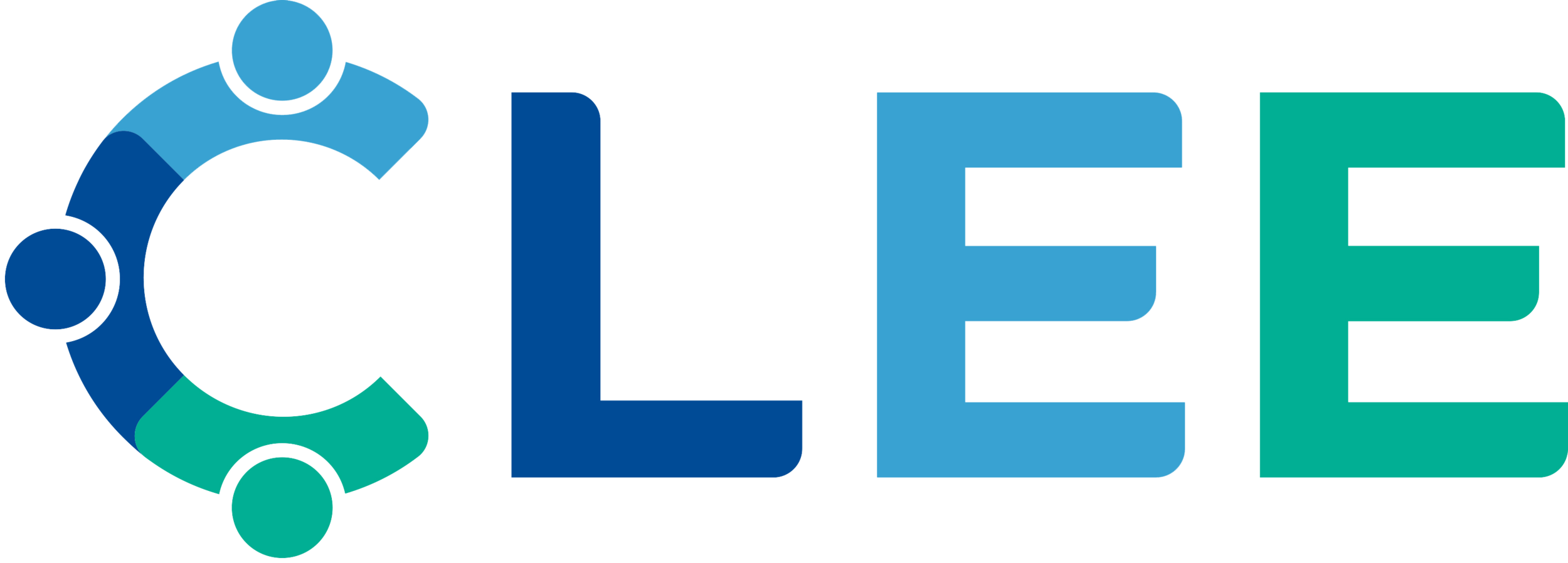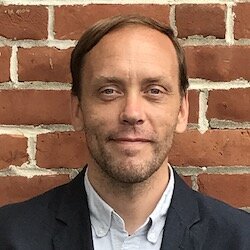Sharpen Your Problem Solving Skills By Joel Stewart
If I were to travel a vast distance, I would use the stars as a guide. Whenever that distance is shorter, I’ll instead use a map. And if the distance is really short, I’ll ask a stranger. This is a pretty common solution to a scaling problem. In these imaginary and not-so-imaginary situations, the scale of my understanding in how to get from point A to point B changes with the distance to be traveled, and with those changes comes a different way of understanding the journey.
CLEEs Community of Practice (CoP) sessions provides a mode of problem solving that implements this type of scaling. Through guided sessions, you will contextualize your dilemmas using thoroughly tested protocols in a way that allows for your problem to be shared and understood by a whole community. With this shared understanding of the problem, you then start gathering ideas, questions, and feedback from the community. This is where the problem solving and true learning begins. You may hear a couple of ideas that you can combine to solve your dilemma. Contrarily, you might find that you need to take a whole new approach towards the problem. It’s even possible that you discover you didn’t fully understand the problem in the first place. It’s ok, these are all normal things when trying to get to point B.
As a computer programmer, most of my work involves problem solving. As a computer programmer that works at a non-profit, I’m often in a situation where the problems to be solved are significantly varied, usually requiring a skill set that only I possess. This can feel isolating and overwhelming at times. So, when I offered to be a participant during CLEE’s 2021 Community of Practice sessions, I did so thinking that I might not get exactly what I needed to solve my dilemma. Let’s put it another way: what would you say if I asked you for advice on the best approach to launch a progressive web application?
It turns out, the answer is quite a lot. Not exactly directly related to building a progressive web app, but in how educational communities use and adopt technological tools. In how to gather feedback from the community you aim to serve. In how to navigate the transition, both internally and externally. In hearing the voices of the community, I was able to gain a perspective towards parts of my problem that I was overlooking. In working with CLEEs CoP Facilitators, I was able to frame my dilemma in a way that makes it approachable and understood by strangers with zero content knowledge. After presenting my dilemma to the community, I left the session not only with an array of new ideas and solutions, but also with a better understanding of my own dilemma. I can’t stress how powerful this is, much like using the stars, a map, and a kind stranger all at once.

